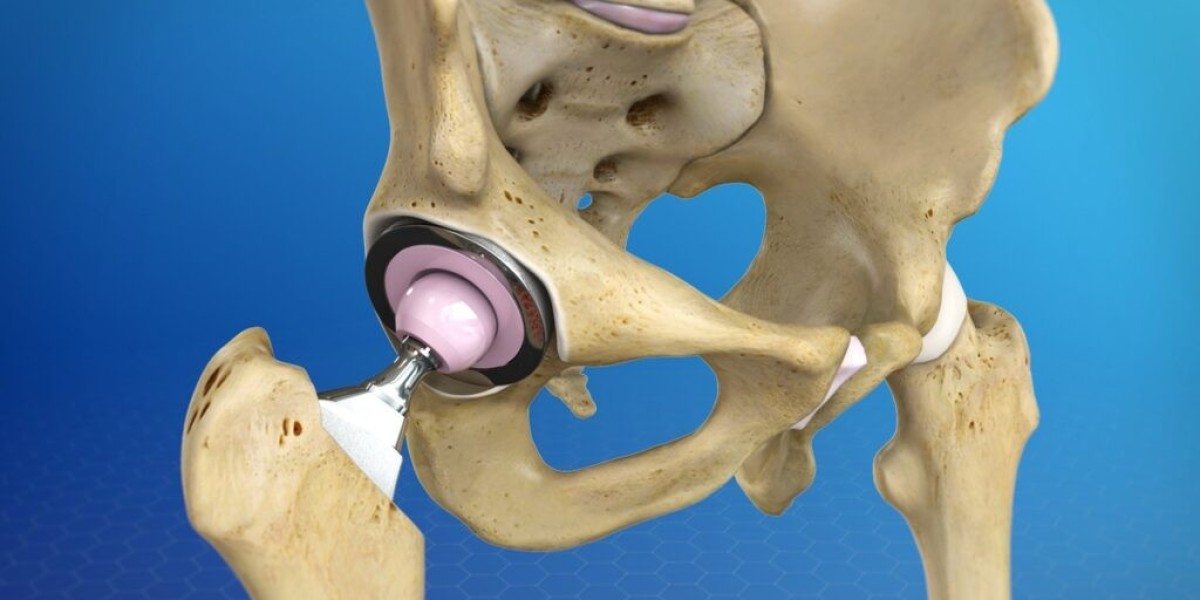Polycystic ovary syndrome (PCOS) is a hormonal disorder that affects up to 1 in 10 women of childbearing age. It is characterized by irregular periods, excess androgen (male hormone) levels, and multiple cysts in the ovaries. PCOS can cause a variety of symptoms, including weight gain, acne, hair loss, and difficulty getting pregnant.
While there is no cure for PCOS, there are a number of lifestyle changes that can help manage symptoms and improve overall health. One of the most important factors in managing PCOS is diet.
What is a Personalized Diet Plan?
A personalized diet plan is a plan that is tailored to your individual needs and preferences. It takes into account your age, weight, height, activity level, and health goals. A registered dietitian or other qualified healthcare professional can help you create a personalized diet plan that is right for you.
How Can Personalized Diet Plans Help Manage PCOS Symptoms?
Personalized diet plans can help manage PCOS symptoms in a number of ways.
- Improve insulin sensitivity
"Insulin is a hormone that helps your body use glucose (sugar) for energy. Women with PCOS are often insulin resistant, which means their bodies don't use insulin as effectively as they should. This can lead to high blood sugar levels and weight gain.
A personalized diet plan can help improve insulin sensitivity by focusing on foods that are low on the glycemic index (GI). The glycemic index is a measure of how quickly a food raises blood sugar levels. Low-GI foods help to keep blood sugar levels stable and improve insulin sensitivity. Visit this for more information on managing PCOS through diet."
- Promote weight loss
Weight loss can be a major challenge for women with PCOS. However, even a modest amount of weight loss (5-10%) can significantly improve PCOS symptoms.
A personalized diet plan can help you lose weight in a healthy and sustainable way. The plan will focus on portion control and eating plenty of fruits, vegetables, and whole grains. It will also limit processed foods, sugary drinks, and unhealthy fats.
- Reduce inflammation
Inflammation is a factor in many PCOS symptoms, including acne and irregular periods.
A personalized diet plan can help reduce inflammation by focusing on anti-inflammatory foods. These foods include fruits, vegetables, fatty fish, and whole grains. The plan will also limit processed foods, sugary drinks, and unhealthy fats.
- Improve gut health
There is a growing body of evidence that suggests that gut health may play a role in PCOS.
A personalized diet plan can help improve gut health by including plenty of prebiotics and probiotics. Prebiotics are a type of fiber that feeds the good bacteria in your gut. Probiotics are live bacteria that are beneficial for your gut health.
- Manage blood sugar levels
PCOS can increase your risk of developing type 2 diabetes. A personalized diet plan can help you manage your blood sugar levels by focusing on foods that are low on the glycemic index. The plan will also help you control your portion sizes and spread your meals and snacks throughout the day.
- Reduce androgen levels
High androgen levels can contribute to many PCOS symptoms, such as acne and hair loss.
A personalized diet plan may help to reduce androgen levels by focusing on certain foods. These foods include fruits, vegetables, and whole grains. The plan will also limit processed foods, sugary drinks, and unhealthy fats.
What to Include in a Personalized Diet Plan for PCOS Nutritionist
A personalized diet plan for PCOS should include the following:
- Plenty of fruits and vegetables
Fruits and vegetables are low in calories and high in nutrients, including fiber, vitamins, and minerals. They are also a good source of antioxidants, which can help reduce inflammation.
- Whole grains
Whole grains are a good source of fiber, which helps to regulate blood sugar levels and promote satiety. They are also a good source of complex carbohydrates, which provide long-lasting energy.
- Lean protein
Lean protein helps you feel full and satisfied. It is also important for building and repairing tissues.
- Healthy fats
Healthy fats, such as those found in olive oil, avocado, and nuts, can help to improve insulin sensitivity and reduce inflammation.
- Limited processed foods
Processed foods are often high in calories, unhealthy fats, sugar, and sodium. They can contribute to weight gain and insulin resistance.
- Limited sugary drinks
Sugary drinks are a major source of empty calories. They can also cause spikes in blood sugar levels.
Sample Personalized Diet Plans for PCOS
Here are a few sample personalized diet plans for PCOS to give you an idea of what a registered dietitian might recommend:
Sample Plan 1: Focused on Weight Loss
- Breakfast (400 calories):
- Greek yogurt with berries and a sprinkle of almonds
- Whole-wheat toast with scrambled eggs
- Lunch (450 calories):
- Grilled chicken salad with mixed greens, quinoa, avocado, and a light vinaigrette dressing
- Dinner (500 calories):
- Baked salmon with roasted vegetables (broccoli, asparagus, sweet potato)
- Whole-grain brown rice
- Snacks (2 x 200 calories):
- Apple slices with almond butter
- Handful of mixed nuts and dried fruit
Sample Plan 2: Focused on Gut Health
- Breakfast (400 calories):
- Oatmeal with chia seeds, berries, and a drizzle of honey
- Kefir smoothie with spinach, banana, and protein powder
- Lunch (450 calories):
- Lentil soup with whole-wheat bread
- Side salad with mixed greens, cucumber, tomato, and a vinaigrette dressing
- Dinner (500 calories):
- Chicken stir-fry with brown rice and vegetables (broccoli, carrots, peppers)
- Kimchi (fermented cabbage) on the side
- Snacks (2 x 200 calories):
- Yogurt with a sprinkle of granola and fruit
- Sliced vegetables with hummus
Sample Plan 3: Focused on Managing Blood Sugar Levels
- Breakfast (400 calories):
- Two whole-wheat eggs with spinach and a slice of whole-grain toast
- Grapefruit
- Lunch (450 calories):
- Black bean burger on a whole-wheat bun with a side salad
- Small sweet potato
- Dinner (500 calories):
- Grilled salmon with roasted Brussels sprouts and quinoa
- Snacks (2 x 200 calories):
- Cottage cheese with chopped vegetables
- Pear with a small handful of almonds
Important Considerations
These are just sample plans, and the specific foods you include in your personalized diet plan will vary depending on your individual needs and preferences. It is important to work with a registered dietitian or other qualified healthcare professional to create a plan that is right for you.
Here are some additional things to keep in mind:
- Be realistic. Don't try to change your diet too drastically overnight. Start by making small changes that you can stick with in the long term.
- Find what works for you. There is no one-size-fits-all approach to managing PCOS symptoms with diet. Experiment with different foods and find what works best for you.
- Don't deprive yourself. It's okay to indulge in your favorite treats occasionally. Just be mindful of your portion sizes.
- Stay hydrated. Drinking plenty of water is essential for overall health and can also help to regulate blood sugar levels.
- Read food labels carefully. Pay attention to the serving sizes and the amount of sugar, sodium, and unhealthy fats in the foods you eat.
- Be patient. It takes time to see results from any lifestyle change. Be patient and stick with your personalized diet plan.
Additional Tips for Managing PCOS Symptoms
In addition to following a personalized diet plan, there are a number of other things you can do to manage PCOS symptoms:
- Get regular exercise. Aim for at least 30 minutes of moderate-intensity exercise most days of the week. Exercise can help to improve insulin sensitivity and promote weight loss.
- Manage stress. Stress can worsen PCOS symptoms. Find healthy ways to manage stress, such as yoga, meditation, or spending time in nature.
- Get enough sleep. Aim for 7-8 hours of sleep each night. When you're well-rested, you're better able to manage stress and make healthy choices.
- See your doctor regularly. It's important to see your doctor for regular checkups to monitor your PCOS and discuss any concerns you may have.
Conclusion
PCOS can be a challenging condition to manage, but there are a number of things you can do to feel your best. A personalized diet plan can be a powerful tool for managing PCOS symptoms and improving your overall health. By working with a registered dietitian or other qualified healthcare professional, you can create a plan that is right for you and helps you feel your best.



